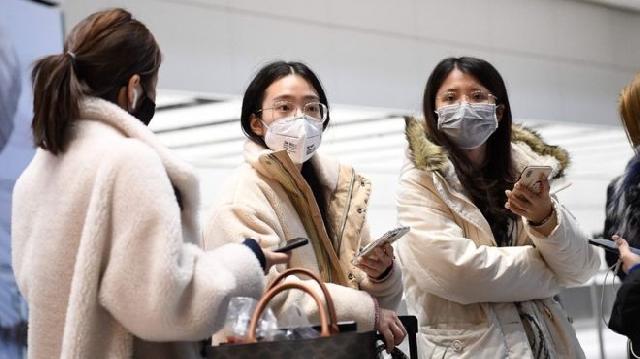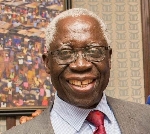Coronavirus: BA suspends flights to and from mainland China
 People with face mask to prevent coronavirus
People with face mask to prevent coronavirus
British Airways has suspended all direct flights to and from mainland China because of the coronavirus outbreak, the airline has said.
It comes after the UK Foreign Office advised against all but essential travel to the country.
The virus has caused more than 100 deaths, spreading across China and to at least 16 other countries.
Hundreds of foreign nationals have been evacuated from the city of Wuhan, the centre of the outbreak.
The UK government is arranging to evacuate Britons from Wuhan and the surrounding Hubei province, with up to 300 British people thought to be in the area.
Australia plans to quarantine its 600 returning citizens for two weeks on Christmas Island - some 2,000km (1,200 miles) from the mainland.
Japan, the US and other EU countries are also repatriating their citizens.
British Airways, which operates daily flights to Shanghai and Beijing from Heathrow, announced the suspension of flights to and from mainland China "with immediate effect".
A statement said: "We apologise to customers for the inconvenience, but the safety of our customers and crew is always our priority."
Other airlines, including United Airlines, Air Canada and Cathay Pacific Airways, have already cancelled some flights to China.
What's the latest on the virus itself?The number of deaths from the virus has risen to 132 in China, the Chinese National Health Commission (NHC) said on Wednesday.
Four cases have been confirmed in Germany, making it the second European country to report cases, after France.
The United Arab Emirates has also confirmed its first cases of the virus in a family who recently returned to the UAE from Wuhan.
An expert from the NHC said it could take 10 more days for the outbreak to peak.
Like the similar Sars and influenza viruses, the new coronavirus is a particular risk for elderly people and those with pre-existing illnesses.
The sharp rise in cases is in part attributed to increased awareness, monitoring and testing in recent days.
The virus, which can cause severe acute respiratory infection, is thought to have emerged from illegally traded wildlife at a seafood market in Wuhan, the capital of Hubei province.
There is no specific cure or vaccine. A number of people, however, have recovered after treatment.
Who is being evacuated?New Zealand will cooperate with Canberra to bring its 53 citizens home alongside the Australian evacuees.
Some 200 Japanese nationals have been flown from Wuhan and have landed at Tokyo's Haneda airport.
Around 650 others said they wanted to be repatriated, and the Japanese government said new flights were being planned.
According to Japanese media, several of the returnees were suffering from fever or coughs. All will be taken to hospital, regardless of whether they are showing symptoms.
Also on Wednesday, 240 Americans - including workers the local US consulate - left the city.
According to CNN, the evacuees might have to stay in isolation in an airport hangar for up to two weeks.
Separately, two aircraft to fly EU citizens home were scheduled, with 250 French nationals leaving on the first flight.
South Korea said some 700 of its citizens would leave on four flights this week. Both Malaysia and the Philippines also said they would evacuate their citizens in and around Wuhan.
Meanwhile, Hong Kong announced plans to slash cross-border travel between the city and mainland China.
Source: BBC
Trending News

Today's 'dumsor' due to rainstorm – ECG
10:14
Debt restructuring: No MoU reached with bilateral creditors – IMF
08:19
Ghana-Vietnam deepen relations
07:58
NDC to officially introduce Prof Naana Opoku-Agyemang as running mate tomorrow
10:15
Crusaders Against Corruption-Ghana denies joining Alan’s Alliance for Revolutionary Change
07:52
Akufo-Addo and Ouattara inaugurate Côte d'Ivoire-Ghana Cocoa Initiative Secretariat today
07:45
Lift veil on assets declared by public officials – Osafo-Maafo
14:33
TEWU elects 1st female national chairperson
10:32
Akufo-Addo commissions Kumasi Thermal Power Plant and Genser Energy Kumasi Pipeline
06:27
GRASAG optimistic about Mahama's 24-Hour economy
10:16



